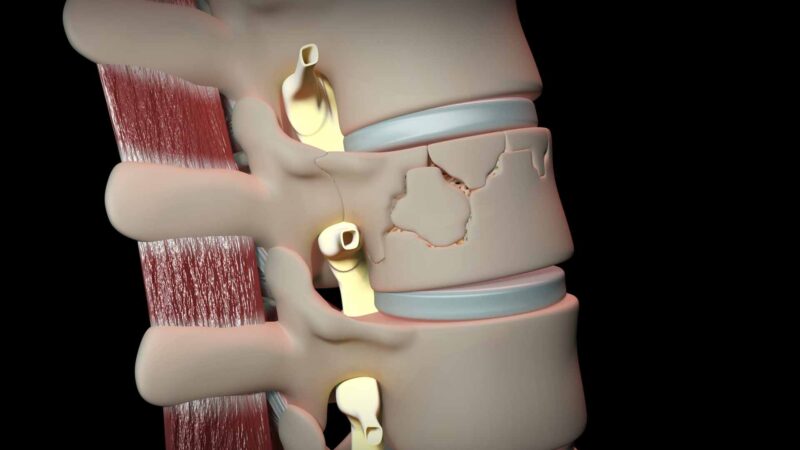TRANSFORMING CLINICAL CARE: IMPACT OF LEUKAEMIA FOUNDATION’S RESEARCH FUNDING INTO BLOOD CANCER
With
Bill Stavreski, Head of Research
Leukaemia Foundation, Australia
RESEARCH IMPACT
Filmed in Melbourne | May 2025
Released to coincide with World Blood Cancer Day 2025
The Leukaemia Foundation is committed to funding research innovations that drive advancements in new diagnostics, treatments and novel therapies, supporting the careers of promising scientists and clinicians and giving Australians access to global clinical trials.
The Leukaemia Foundation state there are over 120 different types of blood cancer and all of which the Foundation provides support to people.
Bill Stavreski is the Head of Research at the Leukaemia Foundation who talks about the research impact in recent years. The Foundation itself marks its 25th anniversary in 2025, having funded a wide range of health and medical research since 2000. With a focus on basic science, health services research, treatment, and care, the organisation has invested nearly $90 million (adjusted in current dollars terms) in approximately 370 research grants over the years.
The Foundation primarily relies on the generosity of public donations, with no government funding. This funding has led to significant advancements in clinical practice, including a groundbreaking diagnostic test now available across Australia, significantly easing the financial burden on patients.
One notable achievement includes the first successful growth of leukaemic cells in a dish, facilitating advancements in treatment testing. Additionally, the Foundation established a pioneering genomic screening program for patients with hard-to-treat blood cancers, significantly improving the chances of finding effective treatments.
Through this work, the Foundation underscores that research is centred on people, aiming to transform lives and support families affected by blood cancer.
Source: Adapted from the Leukaemia Foundation website and transcript
You Might also like
-
Cellular interactions responsible for development, maintenance, and strength of the skeleton
Professor Sims directs the Bone Cell Biology and Disease Unit at St. Vincent’s Institute of Medical Research and is a Professorial Fellow at The University of Melbourne and Australian Catholic University.
She leads a team who studies the cellular interactions responsible for development, maintenance, and strength of the skeleton. She completed her PhD at the University of Adelaide, followed by postdoctoral work at the Garvan Institute in Sydney then at Yale School of Medicine, in New Haven, Connecticut, where she studied the role of the estrogen receptor in regulating bone structure.
-
Dr Ryan O’Hare Doig
NEIL SACHSE CENTRE FOR SPINAL CORD RESEARCH (SAHMRI)
SOUTH AUSTRALIA
AUSTRALIA -
Treatment pathways for chronic plantar heel pain
Jason Rogers is a Tasmanian physiotherapist clinician-researcher with a longstanding interest in improving musculoskeletal foot and ankle conditions. He completed his PhD at the Menzies Institute for Medical Research at the University of Tasmania in 2022 investigating the clinical and imaging factors associated with a common foot complaint known as chronic plantar heel pain.



